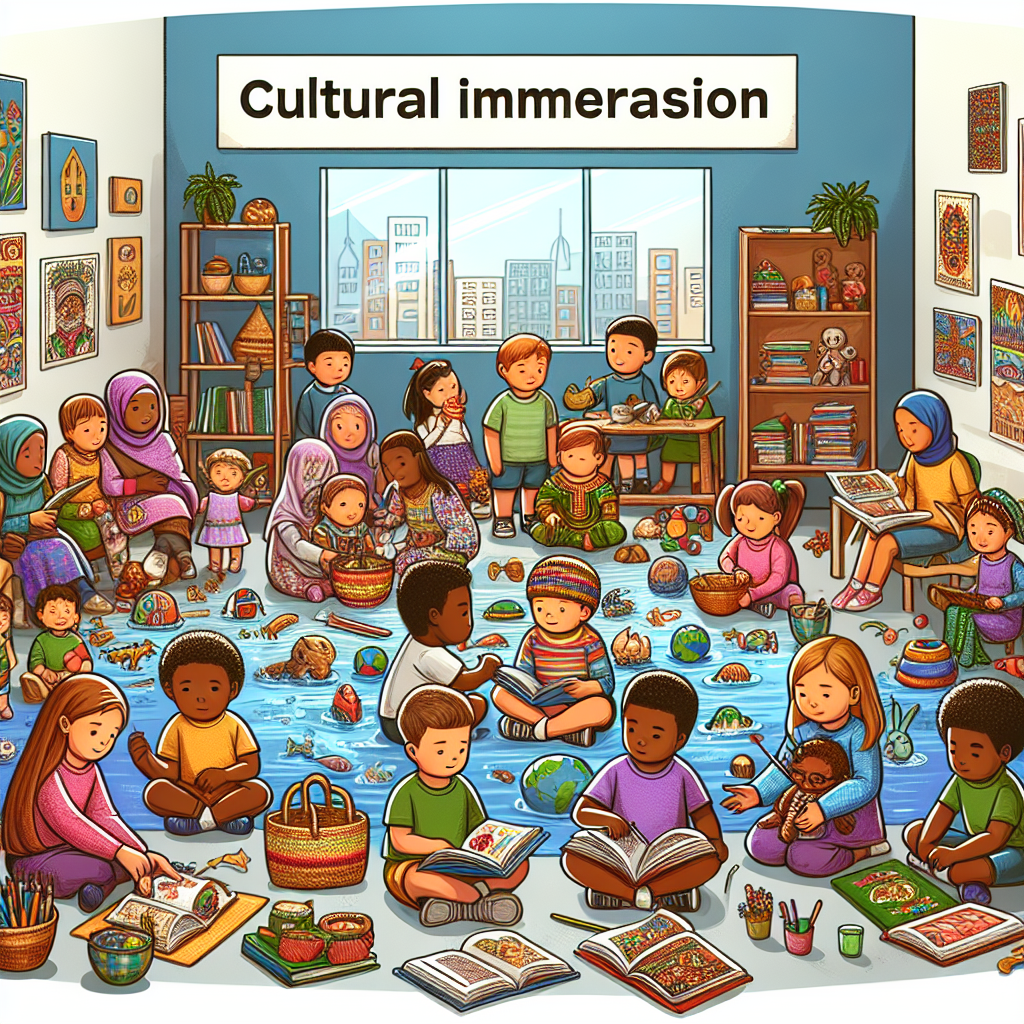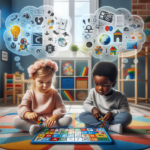Cultural immersion in childcare settings refers to the act of exposing children to different cultures, traditions, languages, and beliefs in a natural and authentic way. This practice has been shown to have numerous benefits for children’s development and social skills. By incorporating cultural immersion into childcare programs, educators can create a more inclusive and diverse environment that fosters respect, empathy, and understanding among children.
Enhanced Cultural Awareness
One of the main benefits of cultural immersion in childcare settings is the promotion of enhanced cultural awareness among children. By exposing children to different cultures and traditions, they develop a greater appreciation for diversity and learn to respect and value different perspectives. This can help children become more open-minded and accepting of others, leading to a more inclusive and harmonious community.
Language Development
Exposing children to different languages at a young age can have a positive impact on their language development. By hearing and interacting with different languages in a natural setting, children are more likely to develop language skills and become fluent in multiple languages. This can be especially beneficial in today’s globalized world, where being multilingual can open up more opportunities for children in the future.
Emotional and Social Skills
Cultural immersion can also help children develop important emotional and social skills. By learning about different cultures and traditions, children can develop empathy, compassion, and cultural sensitivity. They learn to appreciate and respect diversity, and develop a sense of belonging and connection to the world around them. This can lead to better communication and relationships with others, as well as a stronger sense of self-esteem and cultural identity.
Celebrating Diversity
By incorporating cultural immersion into childcare settings, educators can create a more inclusive and diverse environment that celebrates the richness of different cultures. Children can learn about and celebrate different holidays, traditions, and customs from around the world, fostering a sense of unity and togetherness among them. This can help children feel valued and respected for who they are, regardless of their cultural background.
Conclusion
Cultural immersion in childcare settings offers numerous benefits for children’s development and social skills. By exposing children to different cultures, traditions, languages, and beliefs, educators can create a more inclusive and diverse environment that fosters respect, empathy, and understanding among children. This can help children become more open-minded, accepting, and connected to the world around them, leading to a more harmonious and inclusive community.



